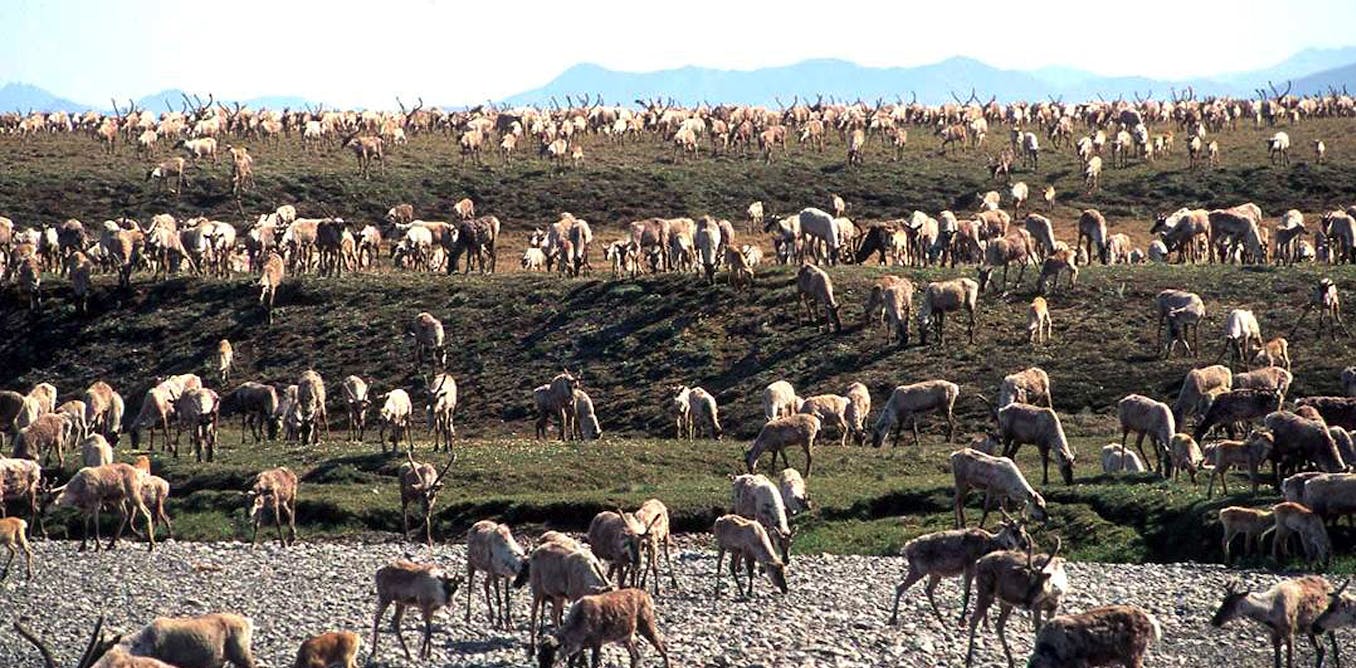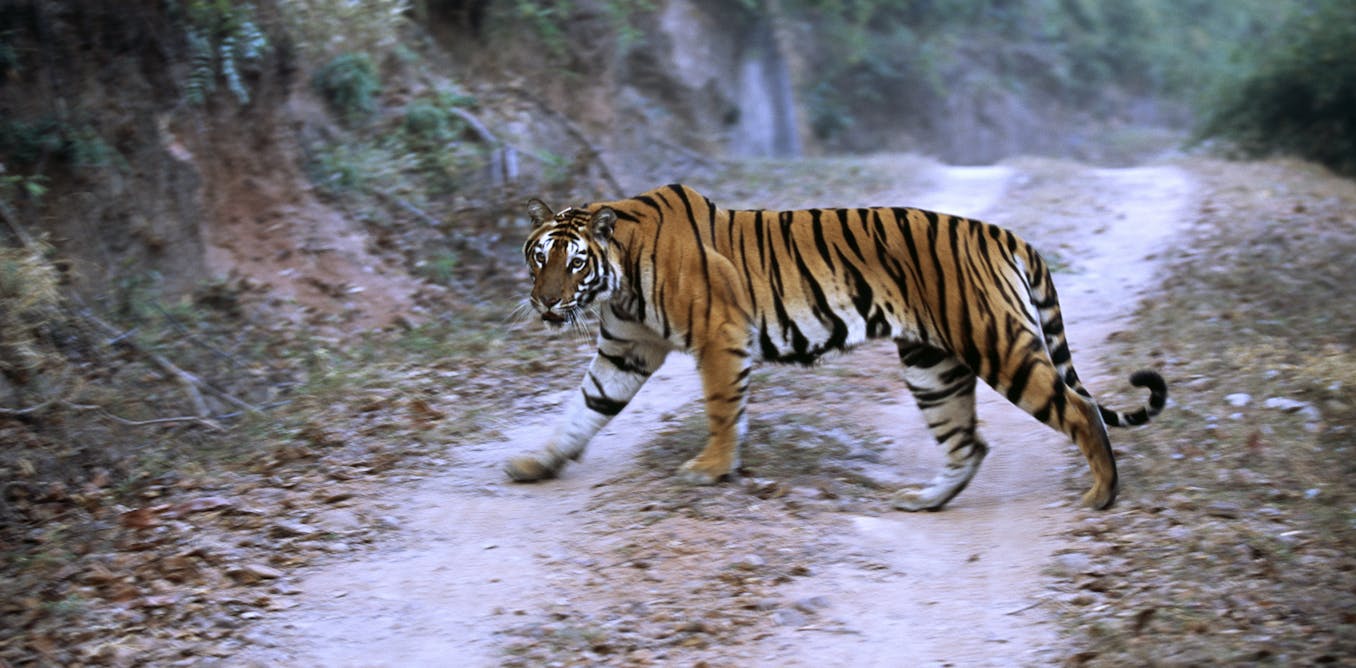Newly hatched Florida sea turtles are consuming dangerous quantities of floating plastic
A new study reports that baby Florida sea turtles are consuming large quantities of plastic waste during a critical early life stage at sea.
Aug. 31, 2020 • ~8 min






